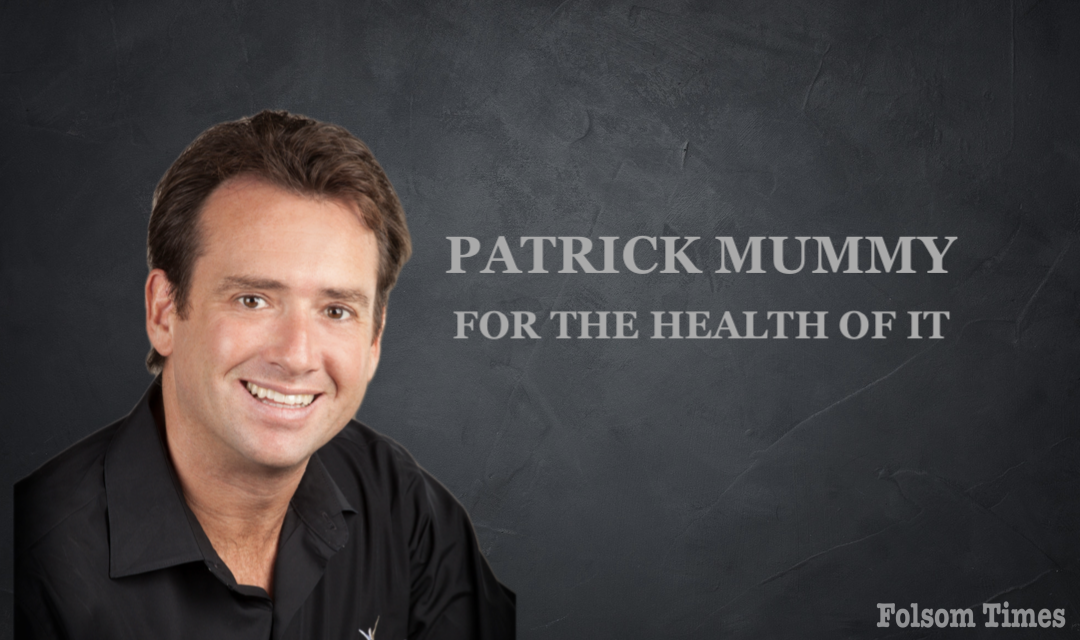Tariffs—taxes imposed on imported goods—are often seen through a political or economic lens, especially in today’s environment, and is typically criticized for increasing consumer prices or sparking trade wars. However, when strategically applied, tariffs can serve as a powerful tool for stimulating domestic industries, including the healthcare sector. This article explores the positive effects of tariffs on the healthcare business, shedding light on how they can protect national health infrastructure, promote innovation, and secure supply chains.
1. Encouraging Domestic Manufacturing of Medical Equipment
One of the primary benefits of tariffs in healthcare is the protection and encouragement of domestic manufacturing. Tariffs on imported medical devices, pharmaceuticals, or components can level the playing field for local manufacturers competing against lower-cost foreign producers. This can lead to:
- Increased investment in domestic production facilities.
- Job creation in biopharma and medical device sectors.
- Greater control over production standards and quality assurance.
During the COVID-19 pandemic, global supply chains were disrupted, exposing heavy reliance on foreign-made PPE, ventilators, and even basic medicines. Tariffs can be part of a broader strategy to bring critical healthcare manufacturing back home, reducing vulnerability in times of crisis.
2. Stimulating Innovation and Research
When domestic manufacturers feel secure in their ability to compete in the marketplace, they are more likely to invest in research and development (R&D). Tariffs can give breathing room to emerging biotech firms and health startups, allowing them to focus on innovation rather than cutting costs to match international prices.
- Startups in medical AI, diagnostics, and biotechnology may benefit from increased funding.
- Companies have more margin to reinvest in cutting-edge therapies, robotic surgery tools, and telehealth platforms, which is what we at Symmetry are already doing.
This environment nurtures homegrown innovation, ultimately leading to better patient care and a competitive healthcare ecosystem.
3. Securing National Health and Economic Security
Healthcare is not just a service industry—it’s a critical component of national security. Tariffs can help reduce dependency on single-source international suppliers, many of which may be subject to geopolitical risks. With tariffs in place:
- Countries are encouraged to diversify supply chains or establish redundant domestic capabilities.
- There is less risk of sudden shortages of essential drugs or equipment during international disruptions.
This self-reliance not only protects the public during emergencies but also enhances economic resilience.
4. Supporting Small and Mid-Sized Healthcare Businesses
While large multinationals often have the resources to absorb global shocks, small and mid-sized healthcare businesses struggle to compete with cheap imports, such as with our company. Tariffs can help by:
- Making locally-made products more competitive in price.
- Allowing these companies to gain market share and grow sustainably.
- Encouraging partnerships between hospitals and local suppliers.
This dynamic fosters a more diverse, resilient, and inclusive healthcare economy.
5. Improved Quality and Compliance
Countries with strict quality standards often struggle with the influx of low-cost, lower-quality imports. Tariffs can serve as a filter that prioritizes products meeting national health and safety criteria. This leads to:
- Fewer counterfeit or substandard medical products entering the market.
- Greater trust in the healthcare system from both providers and patients.
- An incentive for foreign manufacturers to meet domestic regulatory standards if they want to avoid tariffs.
Conclusion
While tariffs must be applied judiciously and as part of a comprehensive policy framework, their strategic use in the healthcare sector can yield multiple benefits. From revitalizing domestic manufacturing to enhancing innovation and safeguarding national security, tariffs offer a range of positive effects that are especially valuable in a post-pandemic world. As global health challenges continue to evolve, so too must the strategies used to protect and empower the healthcare business.
About Patrick Mummy and Symmetry for Health
Whenever Symmetry gets a client into their office, they ask them if anyone has ever explained their pain as it relates to gravity. The answer inevitably is ‘no’. This is because western medicine tends to move pain to the forefront of the perceived problem and therefore the majority of the conversation is focused on the pain itself. For example, many of Symmetry’s clients are very excited to show them their X-rays or MRI reports. They assume the Symmetry staff will also want to talk about these reports because that is what most clients are used to talking about when dealing with their pain. To Symmetry, pain is simply the by-product of systemic breakdown due to years of dysfunction and not a complete reason in and of itself.
Patrick Mummy is the owner and founder of Symmetry, created his company in 1997 in San Diego to complete the tie between reactive medicine and preventative medicine. In 2007 Patrick received a patent on his quantitative approach to the human frame and the treatment of the human frame, called AlignSmart. Ironically, this was the same year he moved back up to northern California with his two daughters, and eventually ended up in Folsom, where he has spent the last 10 years refining his system.
Newton’s third law states that “For every action there is an equal and opposite reaction”. This law is the basis from which Symmetry was created and it remains the most important aspect because gravity is constant and dependable. Just as an architect designs a building, or an engineer, a car, the number one issue they focus on is gravity and the forces that apply to the structures surrounding it, whether static or dynamic. When the human frame does not apply a balanced reaction up against the force of gravity in a constant and equal way, then ANY structure will be forced to adjust. This is the definition of compensation and the reason why one ultimately obtains chronic pain.
When a client comes into Symmetry, they don’t look at them in terms of pain but rather as a delicate system of levers and pulleys. Symmetry measures your posture and compares that to the blueprint your body is supposed to reflect.
If it doesn’t, which most don’t, then Symmetry’s AlignSmart software technology creates a suggested sequence of corrective stretches that they teach to you so that you can fix yourself. “If you cannot take your practitioner home with you every day, then whatever pain-relief treatment you have sought will more then likely be temporary”, says Patrick Mummy. “And at the end of the day, this creates reliance because pain relief is the focus, and not the education and support one needs to make a long-lasting change.”
Learn more about Symmetry for Health and how they can help you by visiting their website atwww.symmetryforhealth.comor calling them to set up a consultation at 916-467-7764. They are located at 1845 Iron Point Road in Folsom.




